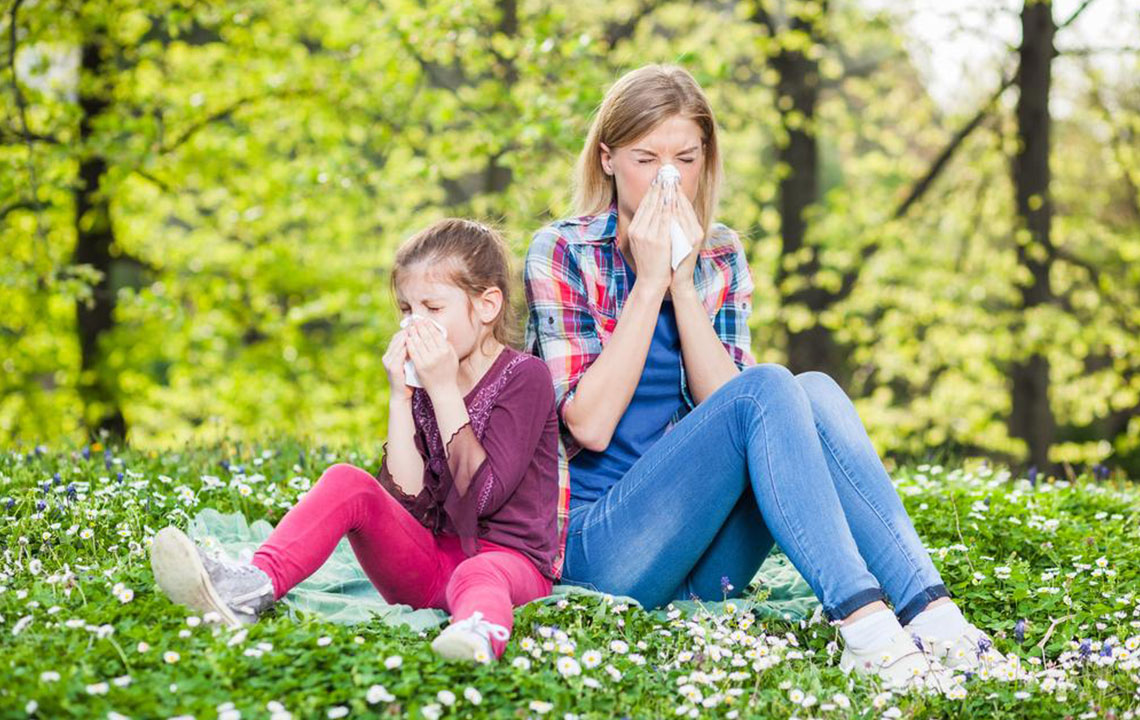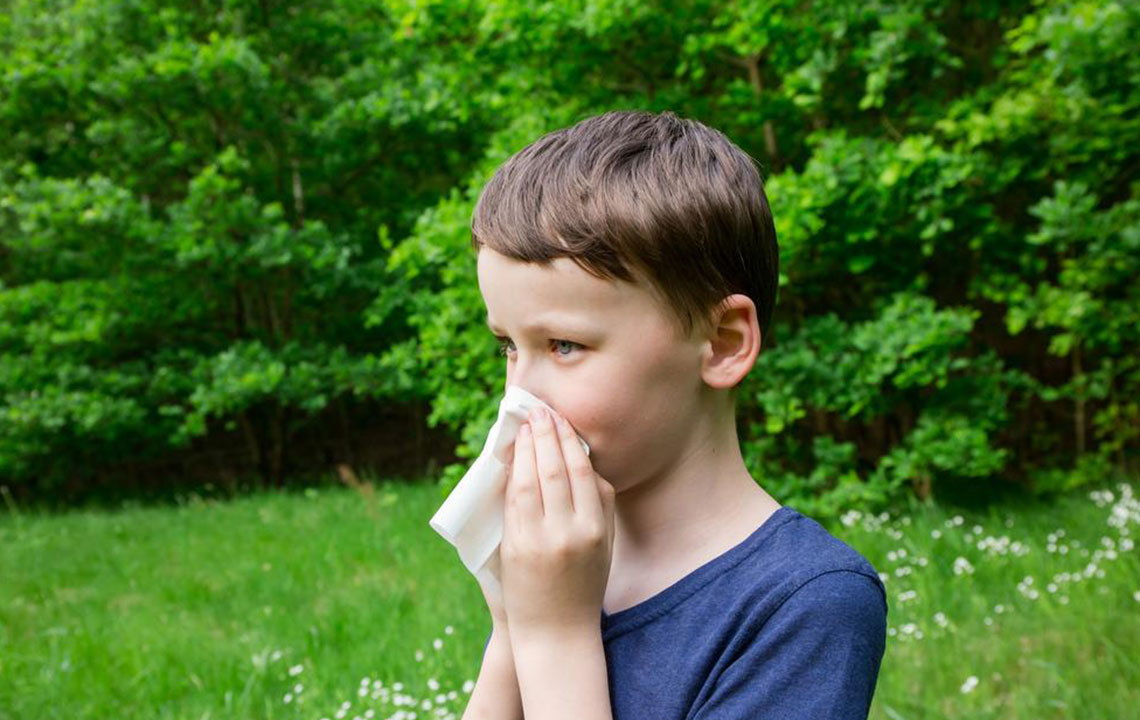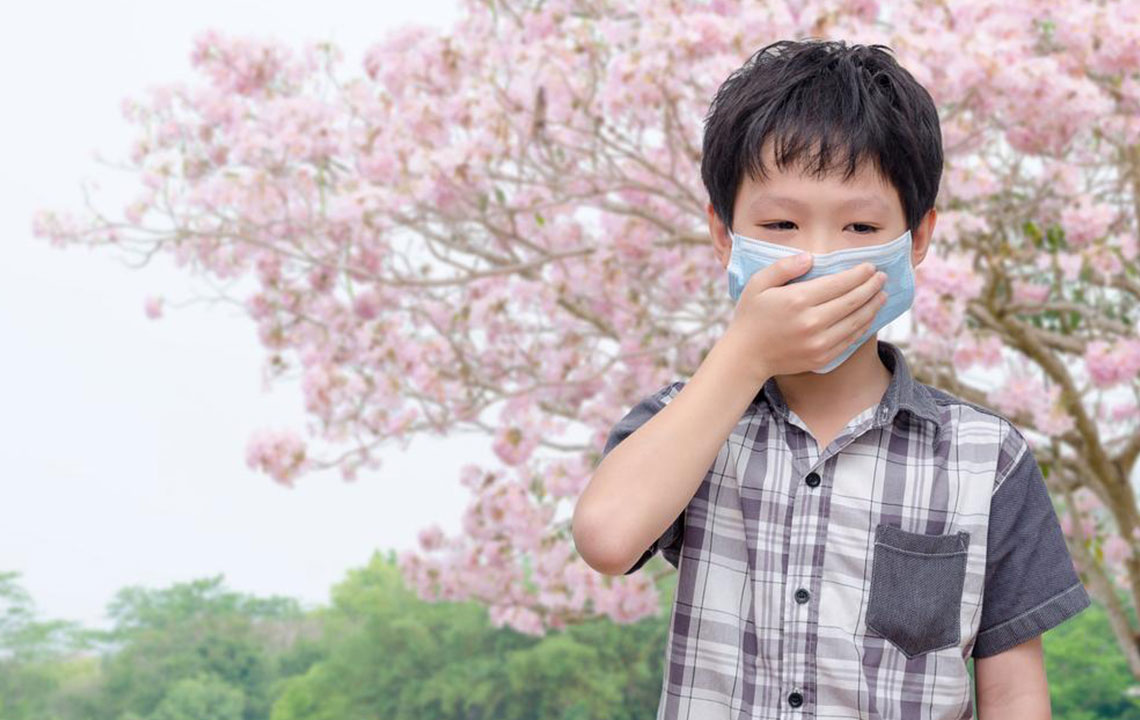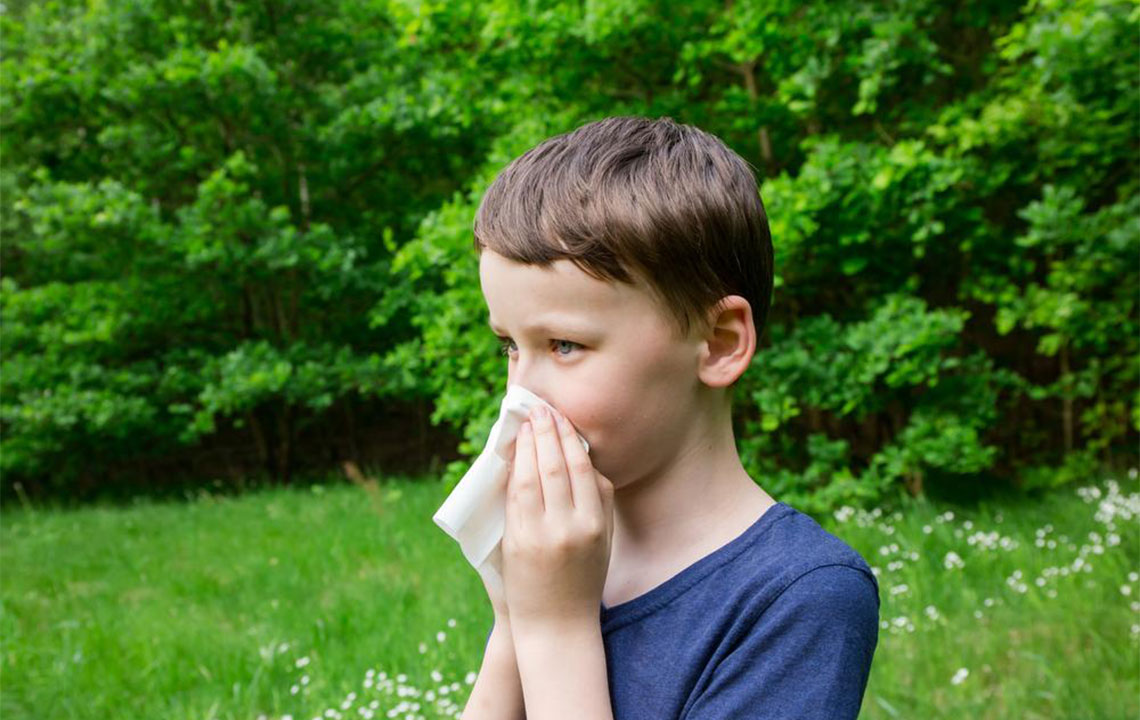A Complete Guide to Pollen Allergies: Causes, Prevention, and Relief
This comprehensive guide explains pollen allergy causes, measurement techniques, and symptom management strategies. Learn how to reduce exposure through forecasts and lifestyle adjustments, such as timing outdoor activities and using natural remedies. By understanding triggers and preventive methods, allergy sufferers can enjoy a more comfortable season.

Understanding Pollen Allergies and How to Manage Them Effectively
Spring and warm winter days can cause unexpected increases in airborne pollen. Pollen, tiny particles from plants like grasses, olive trees, and ashes, are measured to evaluate allergy risk. Pollen levels are quantified per cubic meter of air, with higher counts during windy or warm conditions. National surveys track these levels using advanced testing methods.
Techniques such as silicon-coated rods and Burkard volumetric spore traps are used to collect and analyze airborne pollen, ensuring accurate measurement. These data help identify allergy triggers and inform treatment strategies.
Pollen allergies primarily cause hay fever, with symptoms like watery eyes, sneezing, and breathing difficulties. Individuals with asthma or sinus issues are especially affected, yet even those without prior allergies can develop sensitivities. Skin prick or blood tests can pinpoint specific pollen sensitivities.
Staying informed about pollen forecasts from sources like the National Allergy Weather updates allows for better planning, minimizing outdoor exposure during peak times. Pollen counts tend to be highest in the early morning; hence, outdoor activities are safer in the evening. Simple precautions—such as showering after outdoor activities and wearing masks—significantly reduce allergy symptoms.
Effective management approaches include nasal rinses, omega-3 supplements, herbal remedies like butterbur, and alternative therapies such as acupuncture. Incorporating turmeric into daily meals, avoiding outdoor exposure during high pollen periods, and keeping windows closed can alleviate symptoms. Taking these steps can make allergy seasons more manageable.


